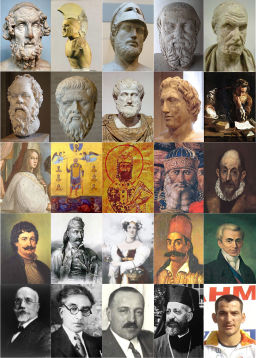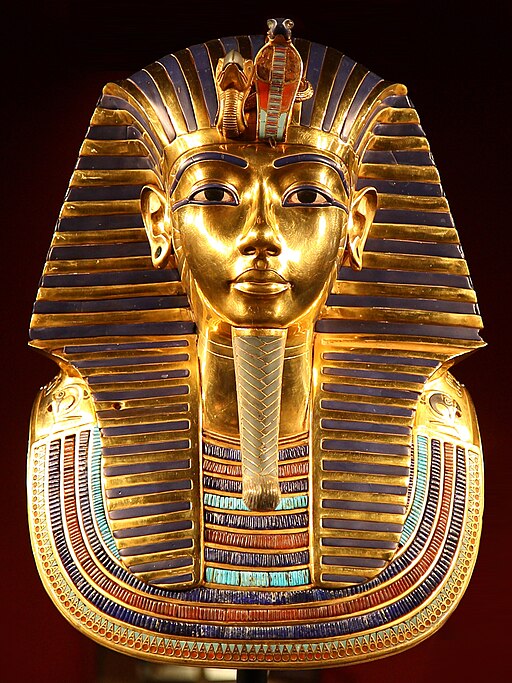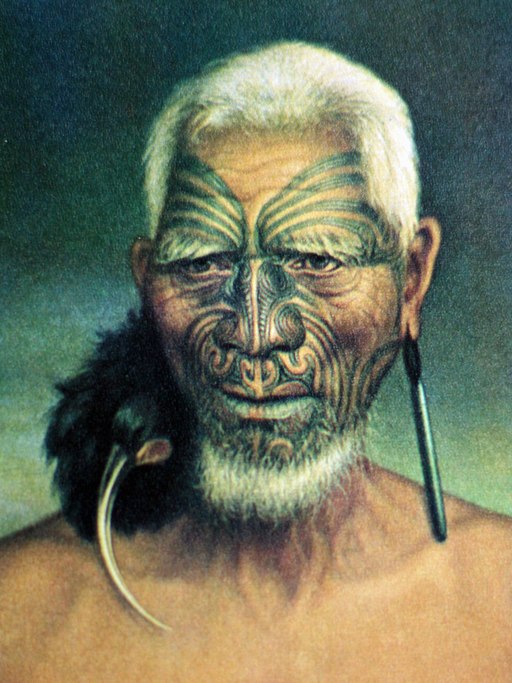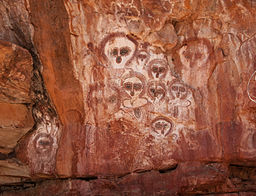
“Poems on Various Subjects, Religious and Moral” by Phillis Wheatley is a collection of 39 poems written by the first African-American ever to be published.
Published in 1773, she was an African-American servant to Mr. John Wheatley, of Boston, in New England. Phillis Wheatley broke barriers as the first African American Women poet to be published, opening the door for future African American authors.
She is also the first in order of time of all the women poets of America. And she is among the first female American poets to issue a book of Poems.
Phillis Wheatley, with the aid of her mistress, Mrs. Wheatley, was unable to find a publisher in the American colonies, as it was common among the white colonial élite in America to perceive a racial superiority of whites over African Americans.
They then looked to London for a publisher and was directed to a Bostonian bookseller, Archibald Bell, London’s foremost bookseller and printer.
Bell replied that he would need proof that she had written the poems herself. It then became necessary for Phillis, her master, John Wheatley, as well as many respectable members of Boston society to convince readers that work was indeed Wheatley’s own.
In 1772, Phillis Wheatley, then about 18 years of age, was interviewed by 18 gentlemen identified publicly “as the most respectable characters in Boston.”
Among them were John Hancock, who served as president of the Second Continental Congress and signatory to the United States Declaration of Independence.
The 18 men signed an attestation clause verifying that they believed Wheatley had written the poems herself, as claimed by her owner, John Wheatley.
Phillis Wheatley
Phillis Wheatley (1753 – 1784) was born in West Africa but was sold into slavery at the age of seven or eight and transported to North America.
She was purchased by the Wheatley family of Boston, who taught her to read and write and encouraged her poetry when they saw her talent.
The publication of her Poems brought her fame both in England and the American colonies. Figures such as George Washington praised her work.
During Wheatley’s visit to England with her master’s son, Wheatley was emancipated and set free shortly after the publication of her book.
She married in about 1778, however, after her husband was imprisoned for debt in 1784, Wheatley fell into poverty and died of illness. Her only surviving infant son died soon afterward.
Her poetry expressed Christian themes, and over one-third consist of elegies, the rest being on religious, classical, and abstract ideas. She seldom referred to her own life in her poems.
“Poems on Various Subjects, Religious and Moral” by Phillis Wheatley
- Name: “Poems on Various Subjects, Religious and Moral” by Phillis Wheatley
- Made: 1766
- Material: Paper and Ink
- Museum: Museum of the American Revolution
“Great African American Authors”
First published African-American woman
A Tour of the Museum of the American Revolution
- George Washington’s War Tent
- “The March to Valley Forge” by William Brooke Thomas Trego
- Proclamation of Rebellion, August 23, 1775
- Proclamation by William Howe, General, and Commander-in-Chief
- “Common Sense” by Thomas Paine
- “Poems on Various Subjects, Religious and Moral” by Phillis Wheatley
- Inn Sign from The “General Wolfe” Tavern
- British Newspaper with a Tax Stamp
Phillis Wheatley: African-American Author
Biography: Phyllis Wheatley
Phillis Wheatley’s dangerous idea
Quotes About Slavery
~~~
“Those who deny freedom to others deserve it not for themselves”
– Abraham Lincoln
~~~
“I didn’t know I was a slave until I found out I couldn’t do the things I wanted.”
– Frederick Douglass
~~~
“I am not ashamed of my grandparents for having been slaves. I am only ashamed of myself for having at one time been ashamed.”
– Ralph Ellison
~~~
“Whenever I hear anyone arguing for slavery, I feel a strong impulse to see it tried on him personally.”
– Abraham Lincoln
~~~
“I think we must get rid of slavery, or we must get rid of freedom.”
– Ralph Waldo Emerson
~~~
“If slavery is not wrong, nothing is wrong.”
– Abraham Lincoln
~~~
“You may choose to look the other way, but you can never say again that you did not know.”
– William Wilberforce
~~~
“Those who will not reason are bigots, those who cannot are fools, and those who dare not are slaves.”
– George Gordon Byron
~~~
“Slavery is a weed that grows on every soil.”
– Edmund Burke
~~~
“Slavery is founded in the selfishness of man’s nature — opposition to it, in his love of justice.” – Abraham Lincoln
~~~
“Frederick Douglass taught that literacy is the path from slavery to freedom. There are many kinds of slavery and many kinds of freedom, but reading is still the path.”
– Carl Sagan
~~~
“You can’t hold a man down without staying down with him.”
– Booker T. Washington
~~~
“Some slaves are scoured to their work by whips, others by their restlessness and ambition.”
– John Ruskin
~~~
The Lost Legacy of Phillis Wheatley
Phillis Wheatley’s “On Being Brought from Africa to America”
PHILLIS WHEATLEY: GRACE AND GENIUS
Analyzing Phillis Wheatly’s ‘On Being Brought From Africa to America’
~~~
“If slavery is not wrong, nothing is wrong.”
– Abraham Lincoln
~~~
Photo Credit: 1) JOM
Popular this Week








 Sponsor your Favorite Page
Sponsor your Favorite Page SEARCH Search for: Search Follow UsJoin – The JOM Membership Program
Sponsor a Masterpiece with YOUR NAME CHOICE for $5
Share this:
- Tweet
